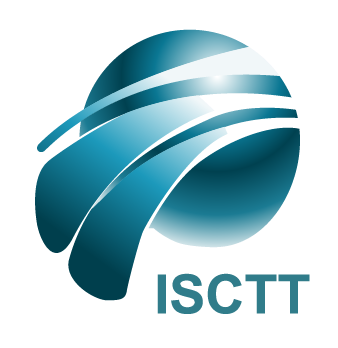
ISCTT 2019
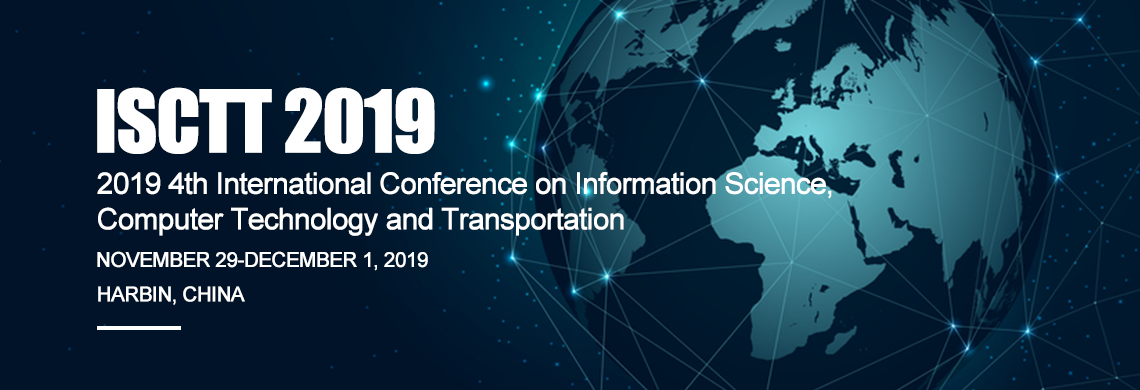
The 2019 4th International Conference on Information Science, Computer Technology and Transportation (ISCTT 2019) was successfully taken place on November 29-December 1, 2019 in Harbin, China. All accepted papers were published in Journal of Physics: Conference Series (JPCS).
Group Photo
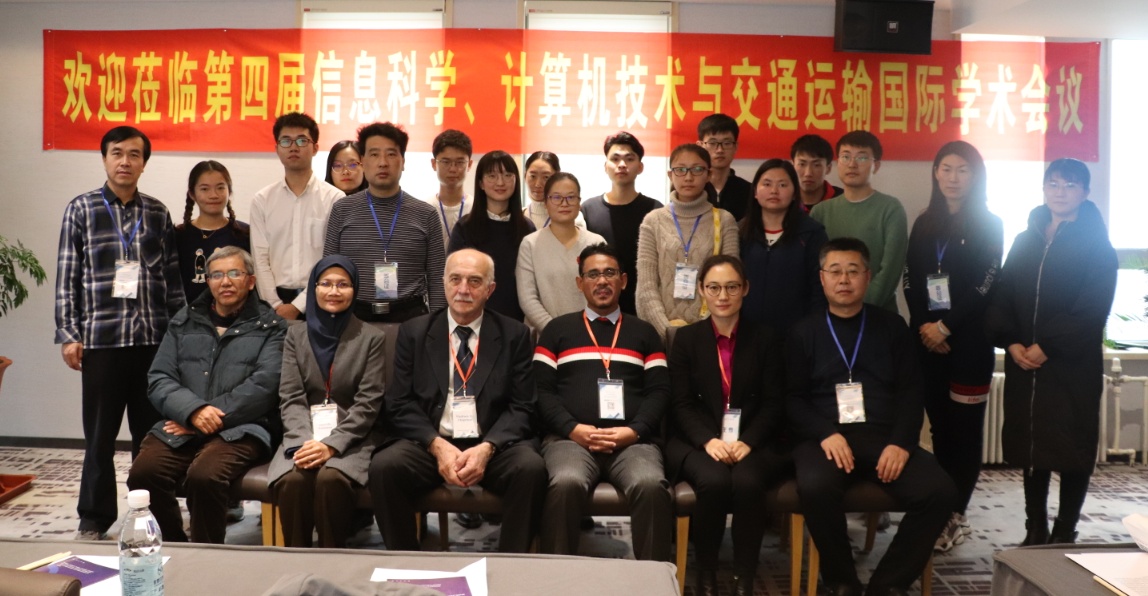
Keynote Speakers
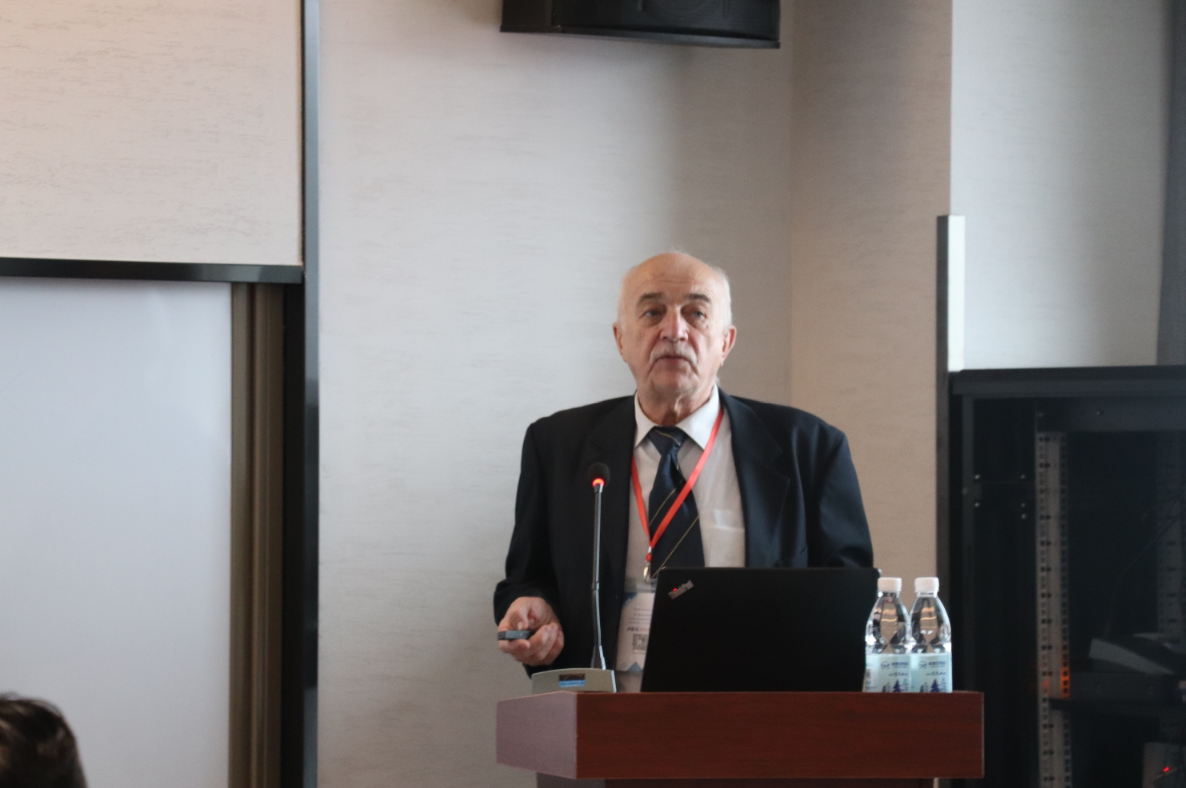 |
| Prof. Vladimir G. Chigrinov, Foshan University/ Hong Kong University of Science and Technology |
Title: Liquid crystal applications in displays and photonics: new trends
Speech Abstract: Liquid crystal (LC) devices for displays and photonics are dominating in the market and will be the basic technology for advanced display and electronics in the nearest 10 years. Photoalignment materials can be effectively used in LC alignment and patterning for new generations of LC devices that provide extremely high resolution and optical quality of alignment both in glass and plastic substrates, photonics holes etc. New liquid crystal devices include optically rewritable (ORW) E-paper, field sequential color ferroelectric liquid crystal (FLC) projectors, photo-patterned quantum rods and 100% polarizers, q-plates, LC sensors, switchable lenses, smart windows with voltage controllable transparency, security films, switchable antennas. |
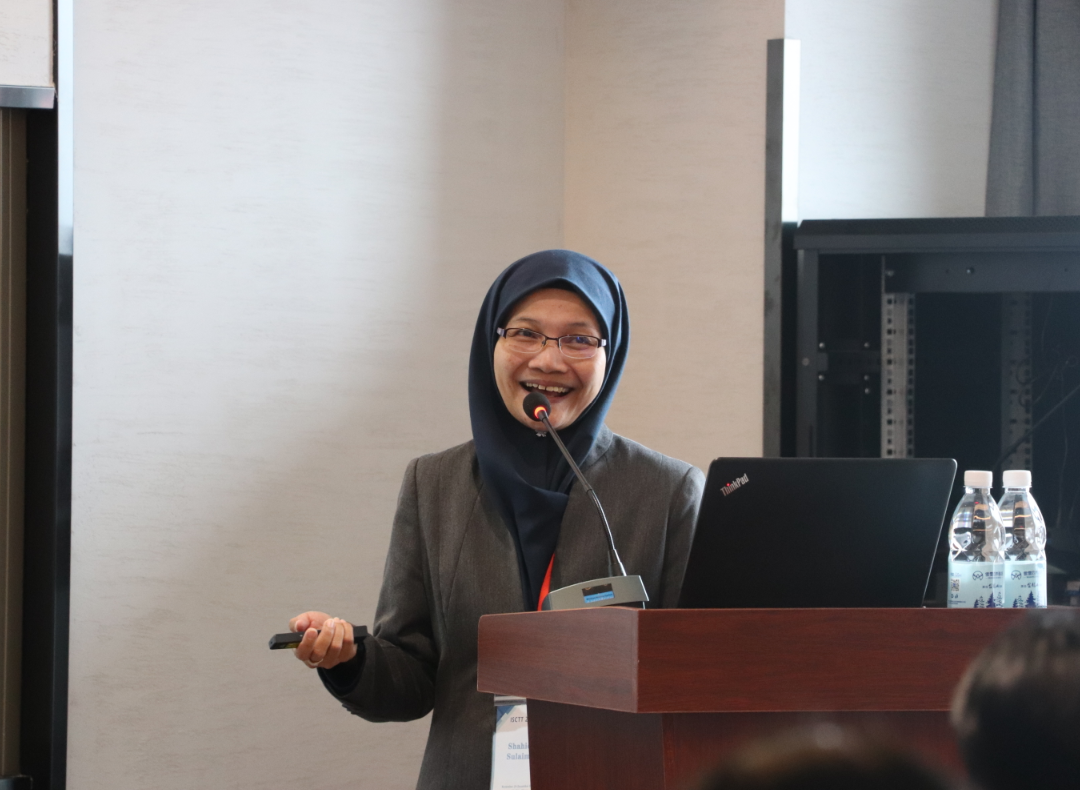 |
A. Prof. Shahida Sulaiman, Universiti Teknologi Malaysia |
Title:Impactful Community Engagement through Education Informatics in Rural Areas
Speech Abstract: The study in informatics covers the practice of information processing and the engineering of information systems. In the academic field, it is an applied form of information science. This speech will focus on the study of the social impact of information technologies following the criteria used for community engagement ranking at Universiti Teknologi Malaysia (UTM). It will share a case study of a rural community project related to education informatics and how the impact can be measured in term of fulfilling community needs; change in knowledge, attitude, skill and aspiration; implement change, and sustainability. It will elaborate on how researchers at a university such as UTM as one of the public universities in Malaysia could share and transfer their knowledge for the benefits of local communities mainly rural people through strategic partnerships with local agencies and industries. |
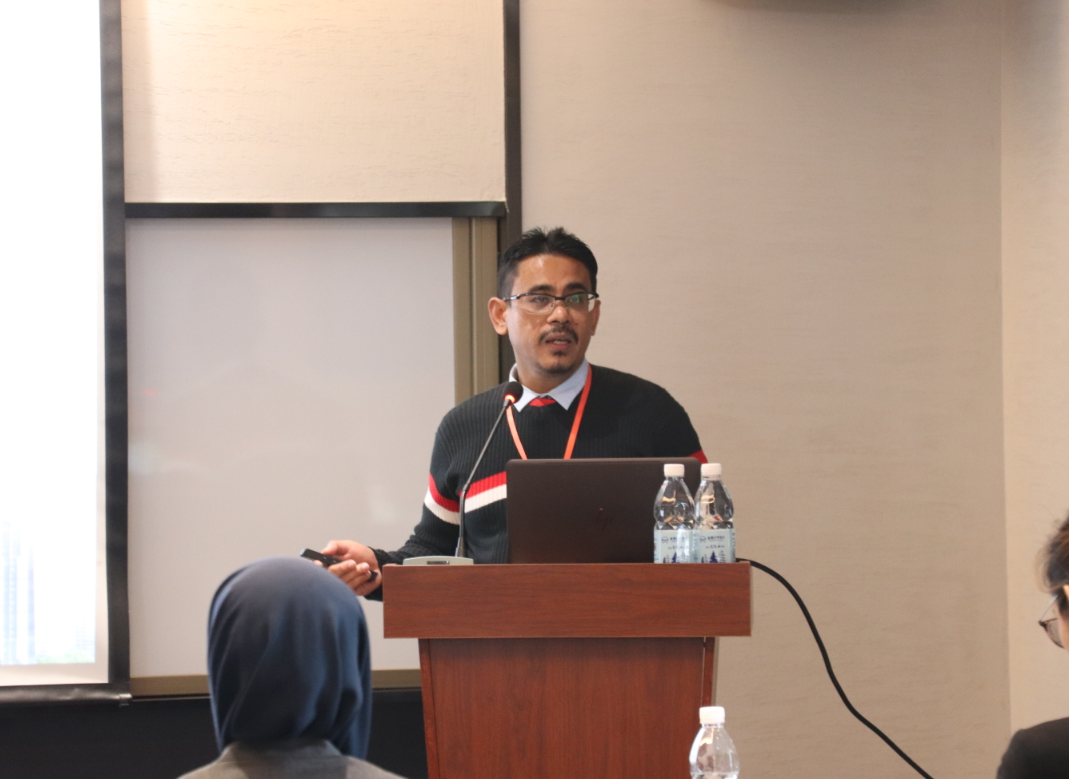 |
| Prof. Mohd Syuhaimi Ab Rahman, Universiti Kebangsaan Malaysia |
| Title:GreenPOF Splitter: Towards A Future of WDM-POF Network with A High Reliability, Safety and Survivability Feature
Speech Abstract: Polymer Optical Fibers (POFs) replace traditional communication media such as copper and glass step by step within short distance communication systems, mostly because of their cost-effectiveness and easy handling. POFs are used in various fields of optical communication, e.g. the automotive sector or in-house communication. The current “state of the art” are single mode communication systems. These systems use only one wavelength for communication, which limits the bandwidth. For future scenarios, this traditional technology is the bottleneck of bandwidth (e.g. for HDTV with IP-TV). One solution to surpass this limitation is to use more than one wavelength over one single fiber, a technique known as WDM (wavelength division multiplexing). This multiplexing technology requires two more technical key elements: a multiplexer, which combines the multi-wavelengths signals into one fiber and a demultiplexer at the end of the network to separate the colored signals. This presentation discusses the overall POF technology for small world communication from device fabrication, device types, configurations and applications. Our solution supports the basis of a wavelength division multiplex (WDM) system in the visible spectrum. Discussion will focus on the technologies that have been developed in our laboratory concerning user friendly approach, ease of maintenance, safety and high-performance solution. |
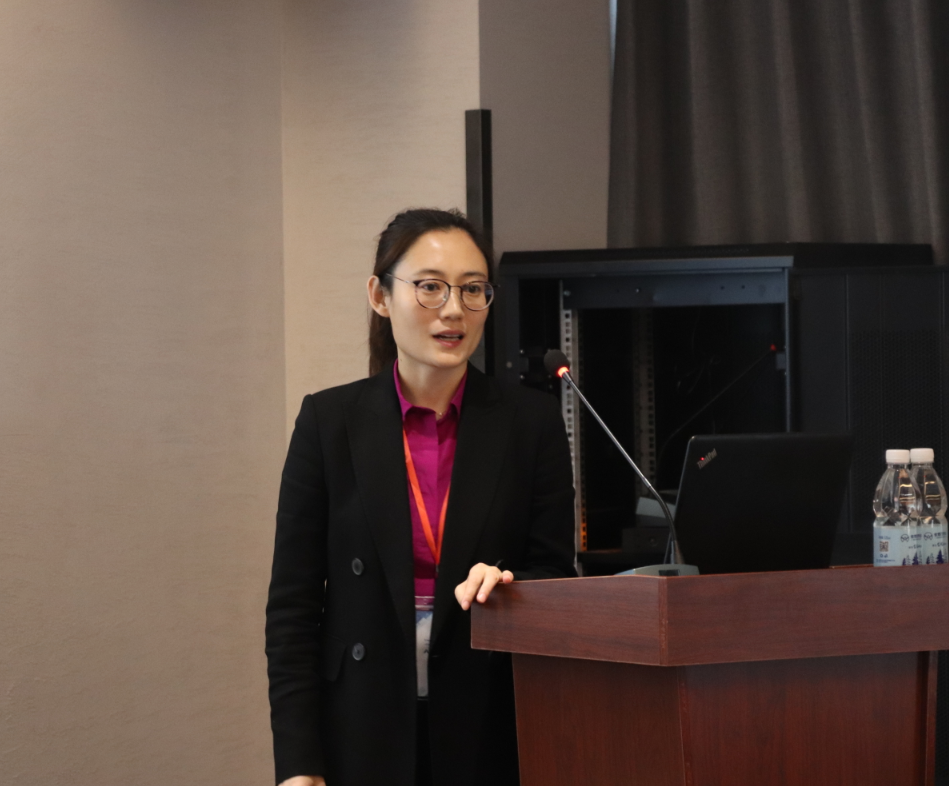 |
| Prof. Xue Wang, Jilin University, China |
Title:ML-based and Model-based Solutions for Mobile Connected Intelligence Network
Speech Abstract: 5G is the first generation of wireless technologies that brought communications and computing together to enable new applications and services beyond smart phones. Future generations of wireless technologies will further integrate data for machine learning (ML) and autonomous control for an unprecedented green and intelligent society. Therefore, it is a tendency to employ ML to work on communication issues. And nowadays, we can see that ML-based algorithms have been in the solutions of more than one communication network layers. But the traditional model-based algorithms also perform well. This talk will highlight a number of research and technology development directions that can help to find relationship between ML-based and model-based solutions for mobile connected intelligence network. |
Oral Speakers
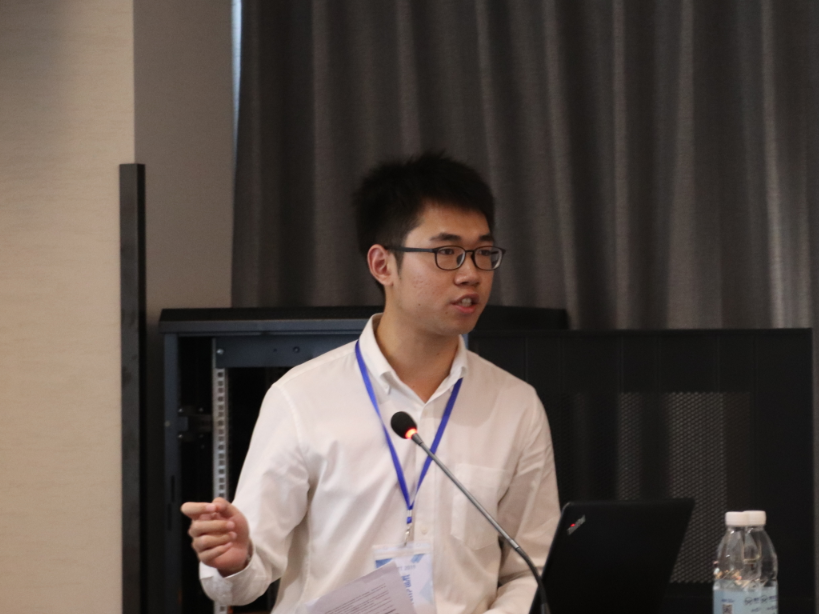 | 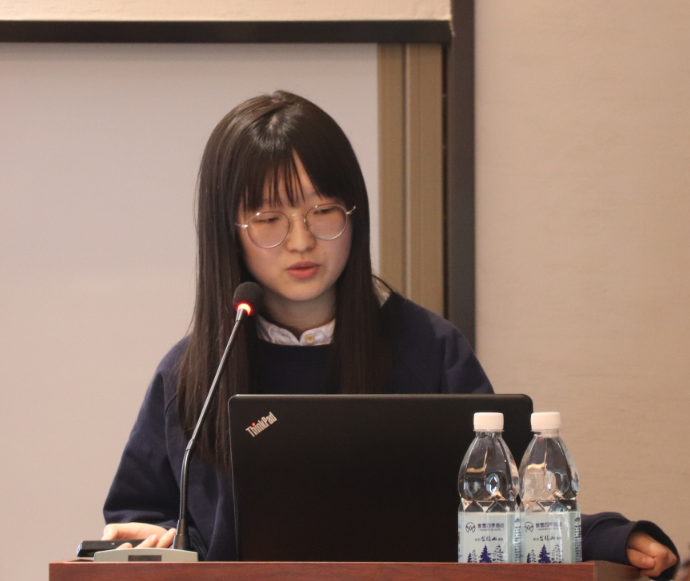 |
| Hang Zhang, Chengdu University of Information Technology | Huiling Peng, Hubei University of Technology |
| Title:The Efficient Erasure code with Low Recovery-Overhead and degraded reads optimization | Title:Study on the knowledge dissemination efficiency and influence factors of electronic technology journals community based on the DEA-Tobit method |